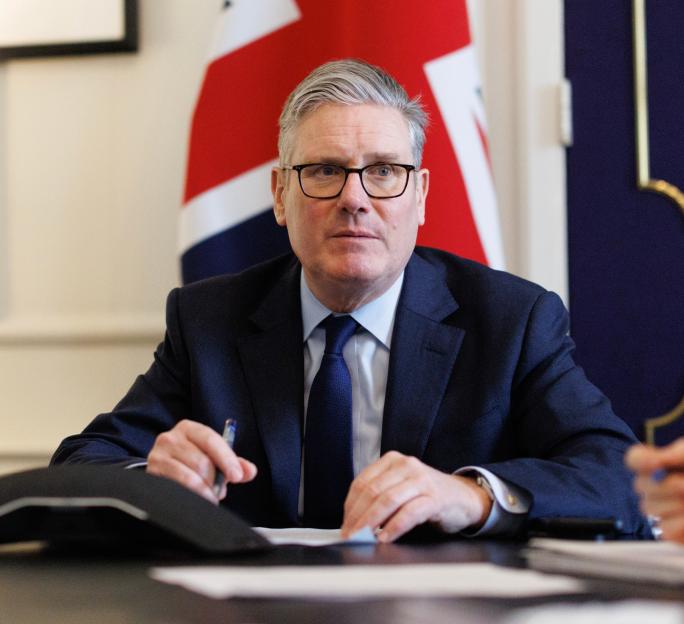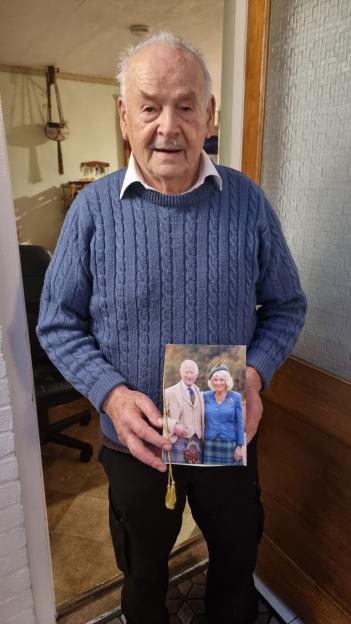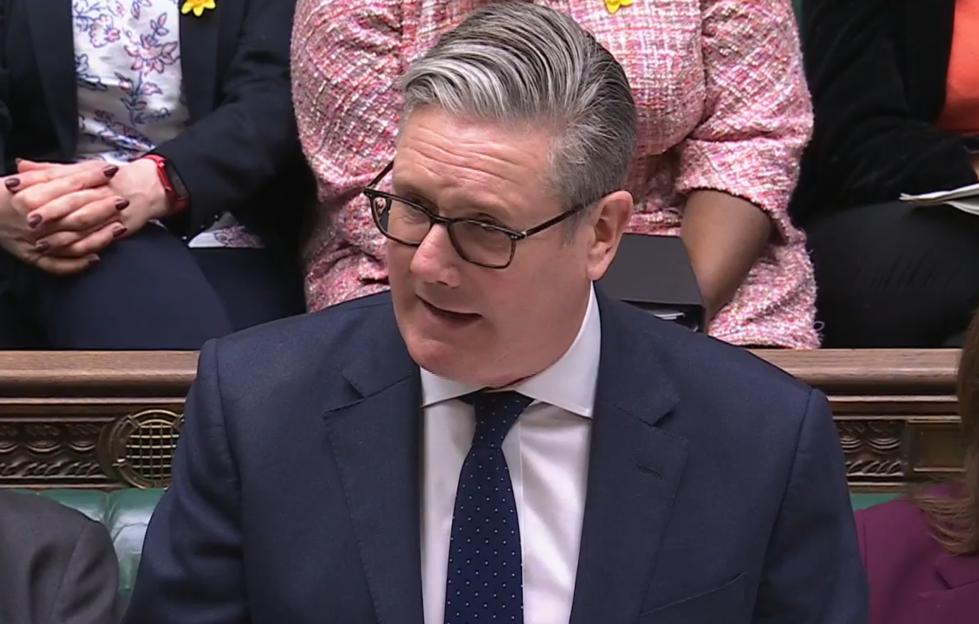ONE of the notorious Russian assassins who poisoned Alexander Litvinenko was riddled with cancer when he died, Russia has admitted.
, one of the pair who with radioactive polonium in London in 2006, died three years ago without ever facing justice.
 Alexander Litvinenko was poisoned in 2006, and died a slow and painful death in University College HospitalCredit: Getty
Alexander Litvinenko was poisoned in 2006, and died a slow and painful death in University College HospitalCredit: Getty
 Dmitry Kovtun, named as one of the two assassins by Britain, died riddled with cancer, it has been revealedCredit: Reuters
Dmitry Kovtun, named as one of the two assassins by Britain, died riddled with cancer, it has been revealedCredit: Reuters
 Andrei Lugovoi is the other assassin, and divulged the grim nature of his partner’s deathCredit: EPA
Andrei Lugovoi is the other assassin, and divulged the grim nature of his partner’s deathCredit: EPA
Kovtun’s death at 56 was initially blamed on complications from a Covid infection.
Now, his has revealed he died with “oncology [cancer] related to the kidneys, and a lot of other things”.
Putin’s top TV propagandist admitted in the same broadcast that his sickly condition was caused by a dose of polonium-210 Kovtun he received 19 years ago.
He suggested to former FSB operative Lugovoy, now a war-fanatic MP: “As I understand, it’s quite possible that the dose he picked back then affected his health…”
Lugovoy – wanted to face a murder trial in Britain – replied: “Well, I wouldn’t want to comment on that now.
“I’m afraid [the West will] pick it up tomorrow.”
He went on to admit for the first time that his partner in crime Kovtun had suffered from cancer.
Kovtun and Lugovoy were formally accused of Litvinenko’s murder by the Crown Prosecution Service in 2011, and their extradition back to England was requested so they could face trial.
However, Putin refused the request and the men remained in Russia – even after the European Court of Human Rights found they were guilty beyond reasonable doubt.
The men were accused of lacing the tea of Litvinenko when they met at the Millennium Hotel in London in November 2006.
Litvinenko – a former FSB agent actively working with the West against Putin, died a slow and painful death.
He publicly blamed Lugovoy and Kovtun with some of his last-ever words from his hospital bed.
The case led to a major breakdown in Britain’s relations with Russia.
A judge’s 300-page report concluded co-suspects Lugovoy and Kovtun had poisoned Litvinenko.
The assassination was “probably approved” personally by Putin, according to the findings of Sir Robert Owen, who chaired the public inquiry.
 Vladimir Putin refused Britain’s request to extradite the pairCredit: Alamy
Vladimir Putin refused Britain’s request to extradite the pairCredit: Alamy
 Litvinenko defected against Russia and was working against Putin when he was poisonedCredit: Getty
Litvinenko defected against Russia and was working against Putin when he was poisonedCredit: Getty
In 2022, Lugovoy claimed his “close and loyal” friend Kovtun had “passed away suddenly as a result of a serious illness linked to a coronavirus infection”.
It was “an irreplaceable and difficult loss”, he said.
State news agency TASS also claimed Kovtun had died in a Moscow hospital from “the effects of covid.”
Lugovoy — a pro-Putin propagandist and politician — maintains he is innocent.
He claims he was framed for the crime by British intelligence or anti-Putin Russian emigres.
A trail of Polonium-210 traced via plane seats led back to Moscow and to Germany – where Kovtun was based at the time.
Radioactive traces were found at the hotels where the hitmen had stayed.
Lugovoy has not commented on reports of his own prostate cancer, which emerged in 2023.
His medical records were leaked by Ukrainian cyber resistance group Inform-Napalm.
A medical report said doctors at the time that doctors had recommended “radical” treatment, but Lugovoy “refused surgery and radiation therapy in writing”.
It added: “The patient prefers the tactics of active observation.”
Ukrainska Pravda newspaper, which cited the Inform-Napalm findings, said: “Investigators believe that the disease is related to Litvinenko’s poisoning, because even small doses of polonium-210 can cause malignant tumours.”
After returning to Moscow from Britain, both Lugovoy and Kovtun spent time in a Moscow hospital specialising in radiation-related illnesses.
Since the scare, Lugovoy had fathered a new child with his singer wife Ksenia Lugovaya, 36.






